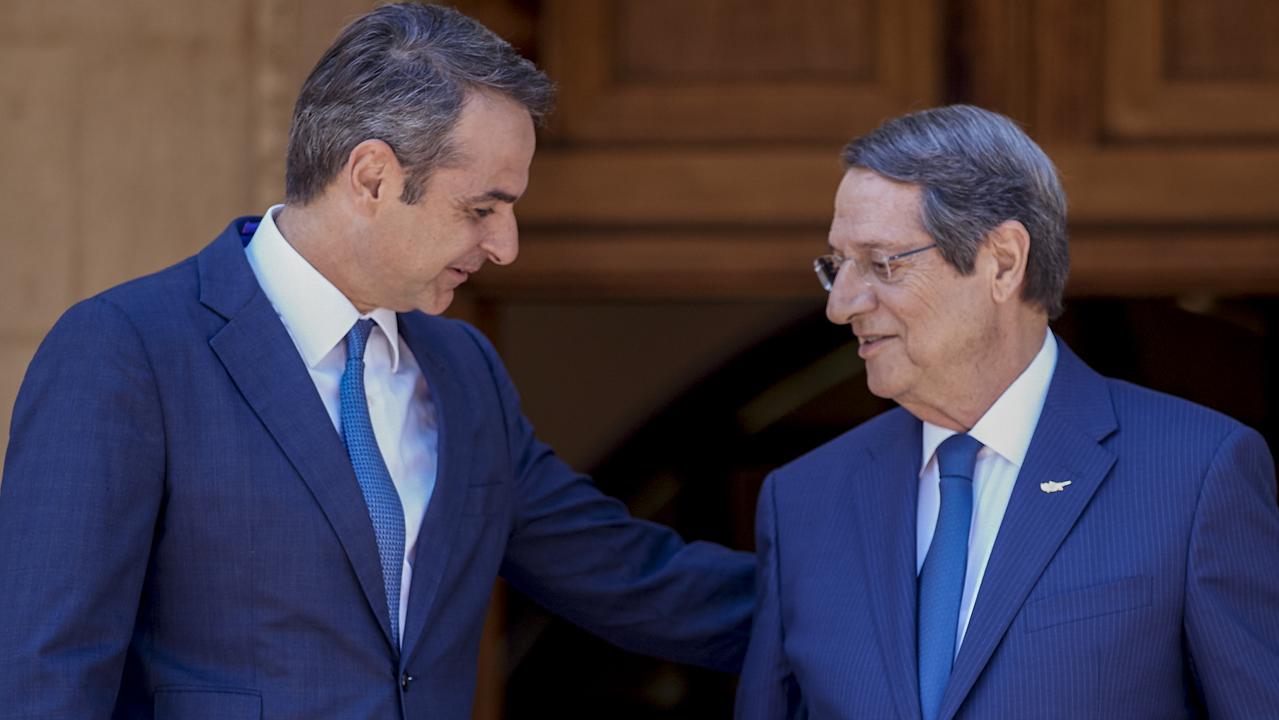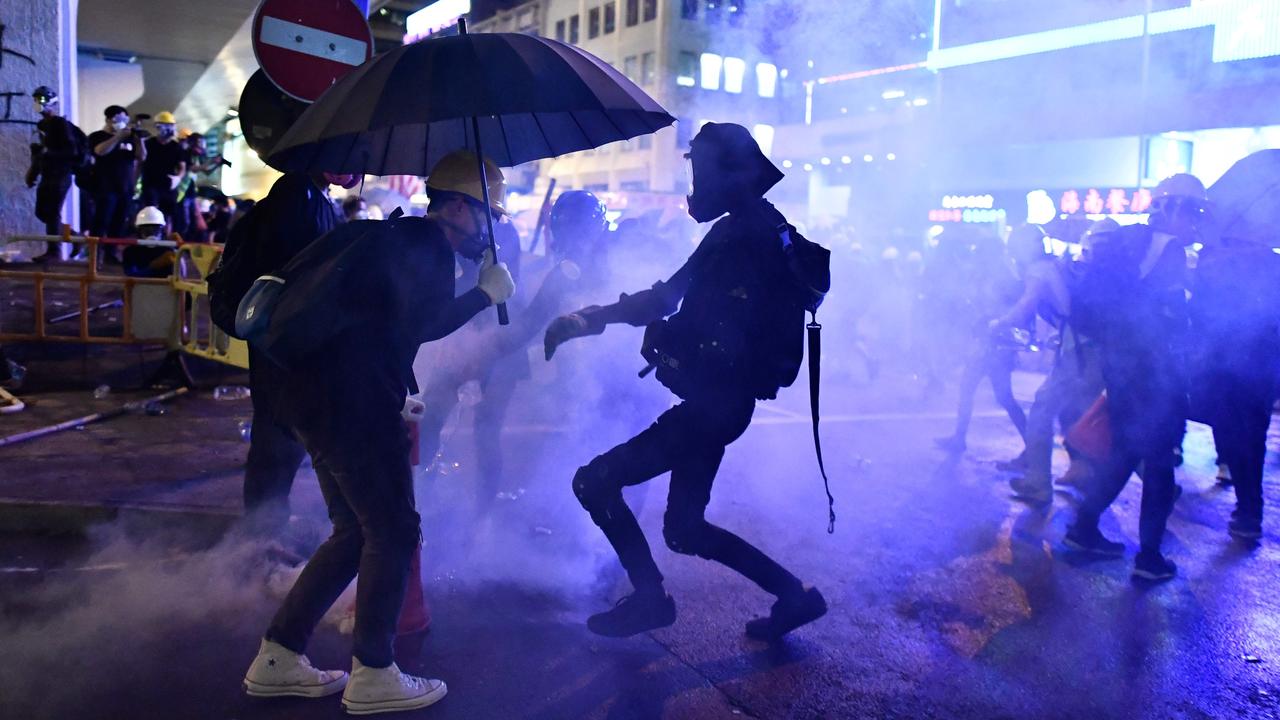People learn to keep their distance as Xi seals his power play
Life in Beijing is like having the late Albanian dictator Enver Hoxha running the world’s biggest economy.

Hoxha was head of state of Albania from 1944 until he died in 1985, aged 76.
Analysts are expected to encapsulate in a terse phrase or ideally a single word, the nature of the place they write about.
After Mao Zedong went to meet Marx in 1976 the epithets about China softened as Deng Xiaoping launched China’s “reform and opening” era.
Most writers steadily shifted their standard description from “totalitarian” to “authoritarian”.
The 1989 Beijing massacre naturally provoked an intense rethink, but in time people returned to the new default setting of “authoritarian”, favouring or imposing obedience to authority, especially that of the government, at the expense of personal freedom.
The word “totalitarian” was first used in English in 1926, derived from the Italian term, totalitario, to describe Mussolini’s fascism. It described a state in which only a single party could operate, which ruled everything. That certainly describes China today — with the general secretary of the Communist Party strengthening the party’s grip on every front, and his own on the party.
He received on Saturday 100 per cent of the votes of the 2970 delegates to the annual session of the National People’s Congress in Beijing for a further five-year term as President, a position which, thanks to a mere 99.8 per cent vote a week earlier, he can now hold indefinitely.
This underlines that Xi, 64, has zero effective rivals or even opponents in the power elite.
He also exercises more control than any leader in Chinese history over political and cultural expression, online and offline, but in a more absolute way online, in contradiction to expectations of the internet as a path towards greater freedoms. And at least commensurately with totalitarian leaders in history or in the present day elsewhere, barring North Korea.
However, if totalitarianism further means complete and centralised control over all aspects of life, subordinating the individual to the state, then Xi’s China fails the test and should remain “authoritarian”.
For individuals — they are not known as “citizens” because of a reluctance to concede rights granted under the constitution but withheld by the party — have long worked out in China how to live with the least necessary direct contact with the state apparatus, maximising instinctively their capacity to take personal decisions about their lives, and blanking their minds about the public realm that is closed to non-party members anyway.
Xinhua says Xi deserves to be “helmsman of the nation, guide of the people”. But attempts by the Xi team to build a personality cult around the all-powerful leader — with whom the party has thrown its credibility and possibly legitimacy — such as through Amazing China, the propaganda movie screening at every theatre, are unlikely to succeed. There is little appetite for this even among the middle class whose loyalty has been assured, for now, by economic opportunity.
But the way in which Xi’s authoritarian rule has been extended first through last October’s five-yearly National Party Congress and through the people’s congress session that ends today has been breathtaking in its relentlessness.
Although his closest ally, Wang Qishan, was ruled out of a continued role in the party hierarchy by age — he is 69 — Xi engineered for him instead China’s vice-presidency, for which term limits have also just been abolished and which he won with a single delegate opposing. Wang became broadly feared when he ran the party’s Central Commission for Discipline Inspection over the first five years of what Xi has dubbed China’s “new era”, during which it emerged as the most powerful agency in the country, removing all the President’s rivals and any others deemed disloyal via its draconian “anti-corruption” campaign.
Earlier, he had built a reputation as a troubleshooter, tackling issues from the SARS epidemic to China’s response to the global financial crisis. He is set to galvanise the chiefly ceremonial role of Vice-President, including in guiding with Politburo member Yang Jiechi strategy relating to US President Donald Trump, and in preparing China’s response to the heralded trade war.
Xi shook hands after the election with Wang, who following his swearing-in had given the podium an emphatic tap — echoing to fans of the Netflix House of Cards series, which Wang is said to enjoy, the way Machiavellian politician Frank Underwood bangs his knuckles when he gets a result.
The authoritarian-totalitarian debate is likely only to grow over the next few years. Its importance was underlined by George Orwell, of course the author of 1984 and Animal Farm: “To be corrupted by totalitarianism one does not have to live in a totalitarian country.”




A friend here remarked the other day on the strangeness of life in Beijing — “like having Enver Hoxha running the world’s biggest economy”.